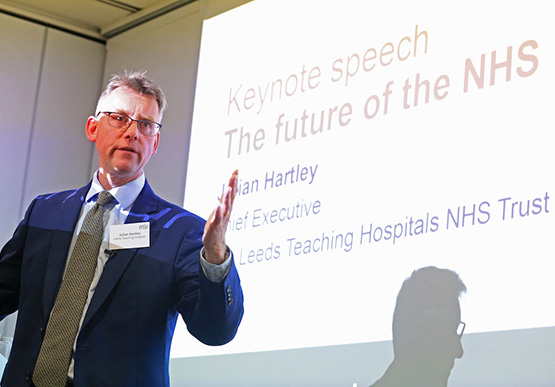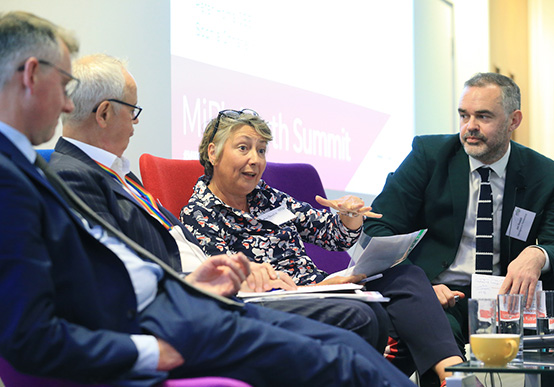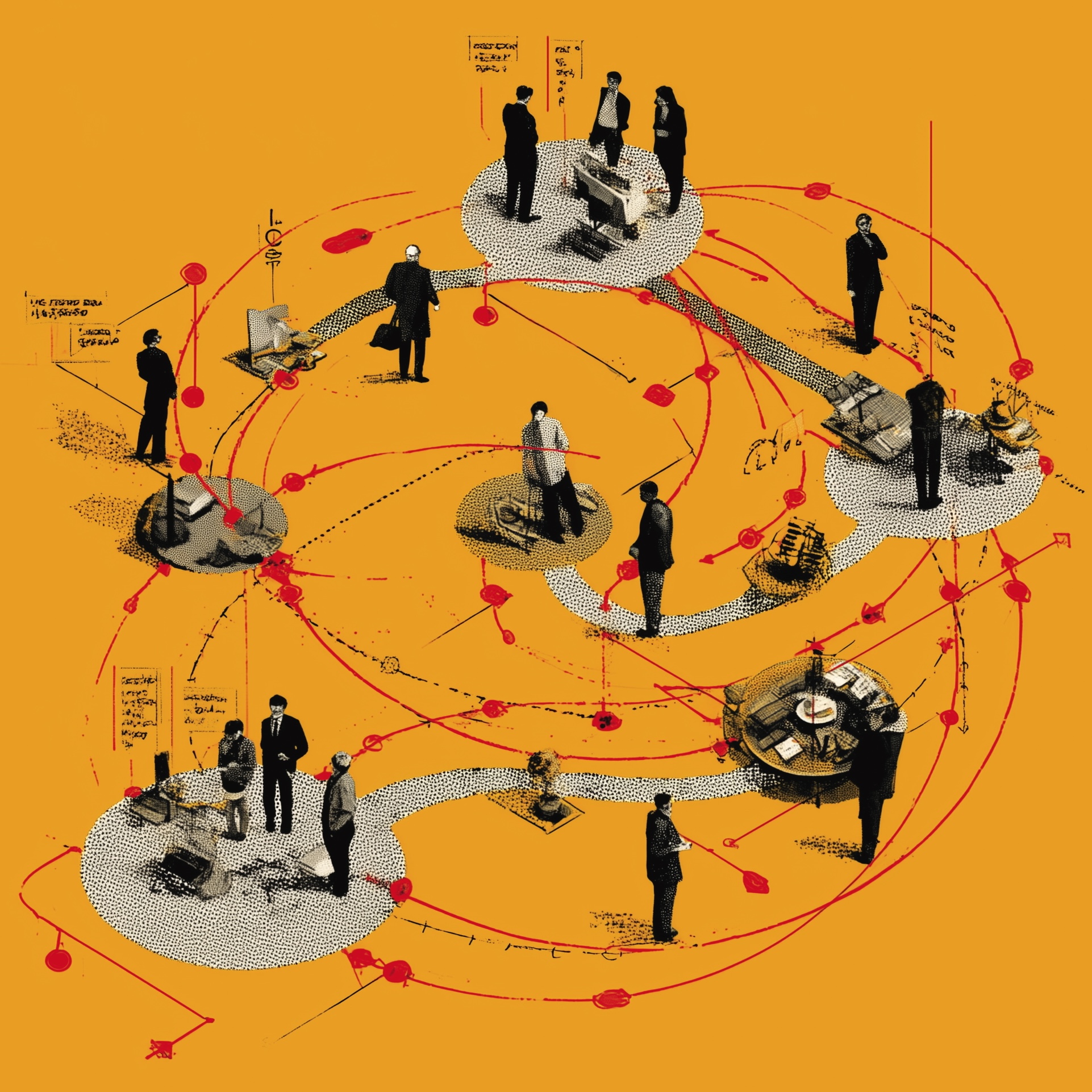MiP’s North Summit – 12 June 2019
MiP held first North Summit in Leeds on 12 June brought together members and stakeholders for a focused discussion with NHS leaders in the north of England.

Julian Hartley, chief executive of the Leeds Teaching Hospitals NHS Trust and an MiP member, gave the keynote speech, setting out his vision for the future of the NHS. Hartley, who led the development of the NHS People Plan with NHS Improvement chair Dido Harding, emphasised that NHS staff were at the centre of the new challenges and opportunities facing the NHS. “The care we deliver for our patients is only as good as the teamwork we have,” he said.
Hartley thanked Jon Restell, chief executive of MiP, for his advice and support during the development of the interim People Plan. Involving managers in improving workforce conditions was vitally important, he said, because “only the people doing the work can improve the work”. He suggested that workforce improvement would take time – probably fifteen years – and that after just three to four years, the NHS is in “only in the foothills” of what needs to be done.
Hartley identified five priorities for the NHS People Plan: how to improve the experience of all staff, especially those from BAME backgrounds; how to provide better support for leaders and make the NHS the best place to work in the UK; how to cope with and manage the crisis in nurse staffing; how to use digital technology to improve the NHS as a workplace; and how improve everything the NHS does. Workplace planning can no longer be done in a silo or on a purely national level, he warned, suggesting that devolution could help boost local workforce planning.
Hartley’s speech was followed by a panel discussion on reconfiguring NHS services in the NHS, chaired by Jon Restell, and featuring Hartley, Sophia Christie, former head of the Devon STP, and Peter Homa, chair of the NHS Leadership Academy.
Homa said it was important to concentrate on supporting people at all stages of their career, including times when they excel as well as when they fail. “We should be concerned with the entire arc of a person’s working life, other than just the situation where they struggle,” he added.
Christie focused on how the constant shift between local and national approaches to reform “makes genuine change and improvement very difficult”, and emphasised the need to identify what should be genuinely local. She defined a ‘local community’ as a community of about 20,000 people, and argued that the natural way to integrate care into a community of that size is to interface with local authorities, something on which the NHS has plenty of room to improve.

She warned that integrating health and care would not be easy, because “all of the things which keep us well” – social care provision, parks and libraries, and other services provided by local authorities – “have been decimated in order to protect our response to acute conditions”.
The panel was followed by networking discussions on a variety of topics: organisational development; NHS pensions and senior managers; the Workforce Disability Equality Employment Programme; diversity and equality in the workplace; and men as allies for women in leadership. Each networking discussion table was asked to produce three concrete suggestions for MiP members to take back to their organisations to work on (see opposite).
The North Summit is part of MiP’s commitment to expand its programme of events outside London, which includes an event for members in Manchester in October and MiP’s annual Summit, which takes place in Birmingham on 7 November. Further details of these events will be published on the MiP website soon.
Northern takeaways
Each networking discussion table was asked to produce three concrete ideas to take back to their workplaces. Here’s what they came up with.
Organisational development group
- Be clear on the direction of travel for organisational change
- Always respond to consultations
- Remember your rights – particularly that you have the right to be consulted about all changes affecting your job
Diversity and equality group
- It’s important to distinguish between removing barriers and helping people completely overcome them
- Equality reps can have an impact on recruitment panels
- Identify the reasons why more BAME staff face disciplinary action and take steps to remedy them
Men as allies group
- Men need to educate themselves to understand gender socialisation
- Tackle ‘micro-aggressions’ and stereotyping
- Learn how to support female colleagues
Workforce Disability Equality Employment Programme group
- Organisations can proactively support and train managers to understand how to provide reasonable adjustments
- Increase monitoring of discrimination
- MiP to raise challenging disability discrimination at the National Social Partnership Forum
Mercedes Broadbent is MiP’s communications officer.
Related News
-

NHS job cuts: you’ll never walk alone
As the NHS redundancies in England loom, Rhys McKenzie explains how MiP will back you, and how members supporting each other and acting collectively is the best way to navigate this difficult process.
-

What now? Seven expert takes on the Ten-Year Plan
The government’s Ten-Year Plan for the NHS in England has met with enthusiasm and exasperation in equal measure. We asked seven healthcare experts to give us their considered view on one aspect that interests, excites or annoys them.
-

NHS job cuts: what are your options?
When politicians start reforming the NHS, there is only one certainty: some people will lose their jobs. But what options might be on the table and how does redundancy work? Corrado Valle explains.